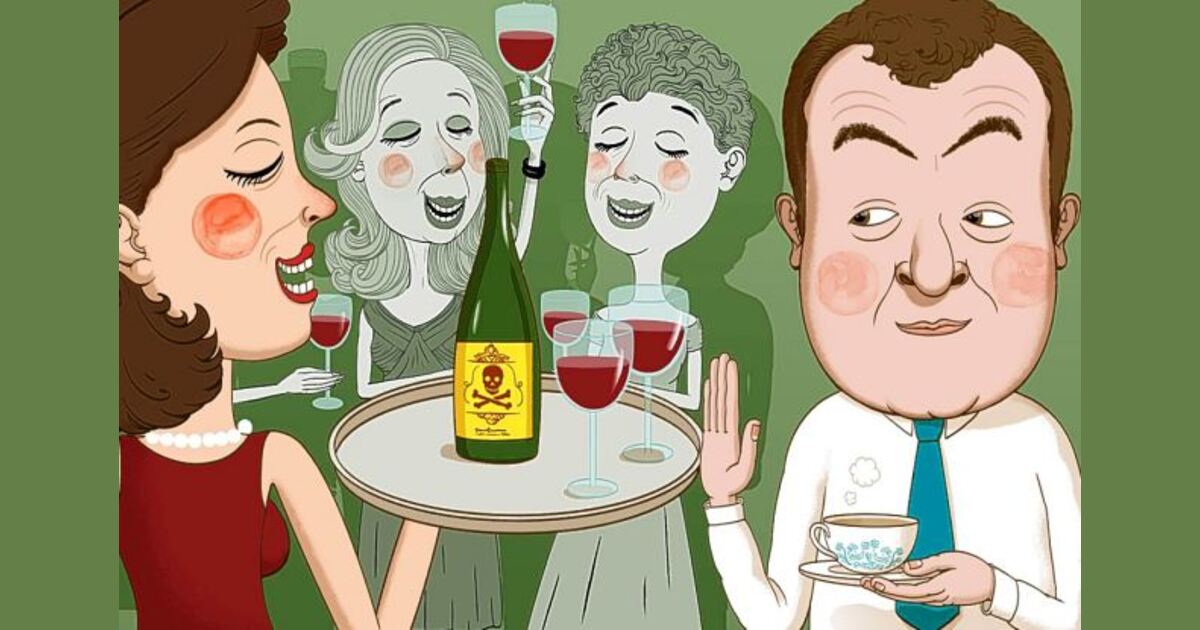In the spirit of Sober October, many individuals are choosing to put down their favorite alcoholic beverages and embark on a journey towards a healthier version of themselves. Are you too?
his month-long break from alcohol not only promises to save you from the throes of a wicked hangover but also offers a multitude of health rewards that might just surprise you.
Health Benefits Of Sober October
As the first week of this sober, spooky season unfolds, those partaking can anticipate some remarkable changes. One of the most immediate improvements is in the realm of sleep.
Research has indicated that regular alcohol consumption can disrupt the crucial Rapid Eye Movement (REM) stage of sleep, leaving you feeling tired even after a full night in bed.
“Although some people find drinking alcohol helps them get to sleep more quickly, it disrupts the important Rapid Eye Movement stage of sleep, leaving you feeling tired the next day — no matter how long you stay in bed,” explains Karen Tyrell, CEO of Drinkaware.
So, get ready to say goodbye to those restless nights and hello to rejuvenating slumber.c
But the benefits don’t stop there. By the end of the second week, you might notice something magical happening to your skin. The dehydration caused by alcohol, which acts as a diuretic, can leave your skin feeling parched and dull.
Medical News Today even suggests that long-term alcohol consumption can increase the risk of skin infections and cancer due to its immune-weakening effects. After just two weeks of sobriety, you can expect your skin to start radiating with a newfound glow.
As the third week unfolds, your scale might offer a pleasant surprise. If you’ve been carrying extra weight and regularly indulging in alcohol, you’ll likely notice a noticeable drop in your weight. Alcohol is packed with calories; a single beer has around 154 calories, and a 5-ounce glass of wine approximately 123.
Hard liquor like vodka, tequila, gin, and rum can quickly add up, as they typically contain fewer than 100 calories per ounce. So, by ditching the drinks, you’ll be shedding those excess pounds.
Lastly, after a full month of sobriety, not only will your liver have a chance to recover, but you’ll also significantly lower your risk of heart disease and cancer, according to Healthline. “Stopping drinking or giving your liver a regular break can allow it a chance to repair, but the less you drink the more you reduce your risk,” emphasizes Karen Tyrell.
Recent research has even revealed that any amount of alcohol consumption can increase the risk of over 60 diseases. So, this Sober October, embrace the opportunity to transform your health, enjoy better sleep, revel in glowing skin, and take significant steps towards a healthier, happier you.








Leave a Reply
You must be logged in to post a comment.